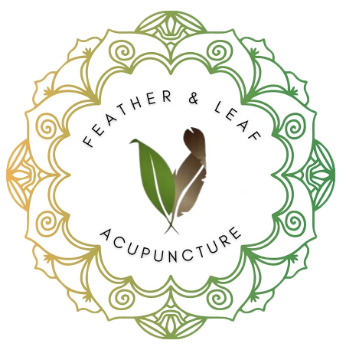Acupuncture. The word itself can conjure images of tiny needles, ancient traditions, and perhaps a touch of mystery. For many, it's a practice shrouded in the unknown, while for others, it's a trusted and effective form of healthcare. So, what exactly is acupuncture, and how does it work? Let's delve into this fascinating world.
A Journey Through Time: The Roots of Acupuncture
Acupuncture is a cornerstone of Traditional Chinese Medicine (TCM), a system of healthcare that has been practiced for thousands of years. Its origins can be traced back to ancient China, where practitioners believed that vital energy, known as "Qi" (pronounced "chee"), flows through channels or meridians in the body. When Qi is balanced and flowing freely, health is maintained. However, disruptions or blockages in this flow can lead to illness and pain.
Acupuncture aims to restore the balance and flow of Qi by stimulating specific points along these meridians. These points, known as acupoints, are believed to correspond to various organs and systems within the body.
The Modern Approach: What Happens During a Session?
While rooted in ancient philosophy, modern acupuncture incorporates scientific understanding of the nervous system, muscles, and connective tissue. During a session, a licensed acupuncturist will:
- Take a detailed medical history: This involves discussing your symptoms, lifestyle, and overall health.
- Perform a physical examination: This may include checking your pulse, examining your tongue, and palpating specific areas of your body.
- Insert thin, sterile needles: These needles are inserted into specific acupoints, typically to a shallow depth. The sensation is often described as a mild prick or a tingling sensation.
- May use additional techniques: Some acupuncturists may incorporate techniques like moxibustion (burning of dried mugwort near the skin), cupping (creating suction on the skin), or electrical stimulation.
How Does It Work? The Science Behind the Needles
While the concept of Qi may be unfamiliar to Western medicine, research suggests that acupuncture can have several physiological effects:
- Stimulating the nervous system: Acupuncture can trigger the release of endorphins, the body's natural painkillers.
- Reducing inflammation: Studies have shown that acupuncture can modulate the immune system and reduce inflammatory responses.
- Improving blood flow: Acupuncture may help to dilate blood vessels and increase circulation.
- Muscle relaxation: It can help to release muscle tension and alleviate pain.
What Can Acupuncture Treat?
Acupuncture is used to treat a wide range of conditions, including:
- Chronic pain (back pain, neck pain, osteoarthritis)
- Headaches and migraines
- Nausea and vomiting
- Insomnia
- Anxiety and depression
- Menstrual cramps
- Allergies
Is Acupuncture Right for You?
Acupuncture is generally considered safe when performed by a licensed and qualified practitioner. However, it's essential to:
- Discuss your medical history with your acupuncturist.
- Inform them of any medications or supplements you are taking.
- Choose a licensed and reputable acupuncturist.
A Complementary Approach
It's important to remember that acupuncture is often used as a complementary therapy alongside conventional medical treatments. It's not intended to replace standard medical care, but rather to enhance it.
Whether you're seeking relief from chronic pain or simply curious about exploring alternative healthcare options, acupuncture offers a unique and potentially beneficial approach. By understanding its history, techniques, and potential benefits, you can make an informed decision about whether it's right for you.

